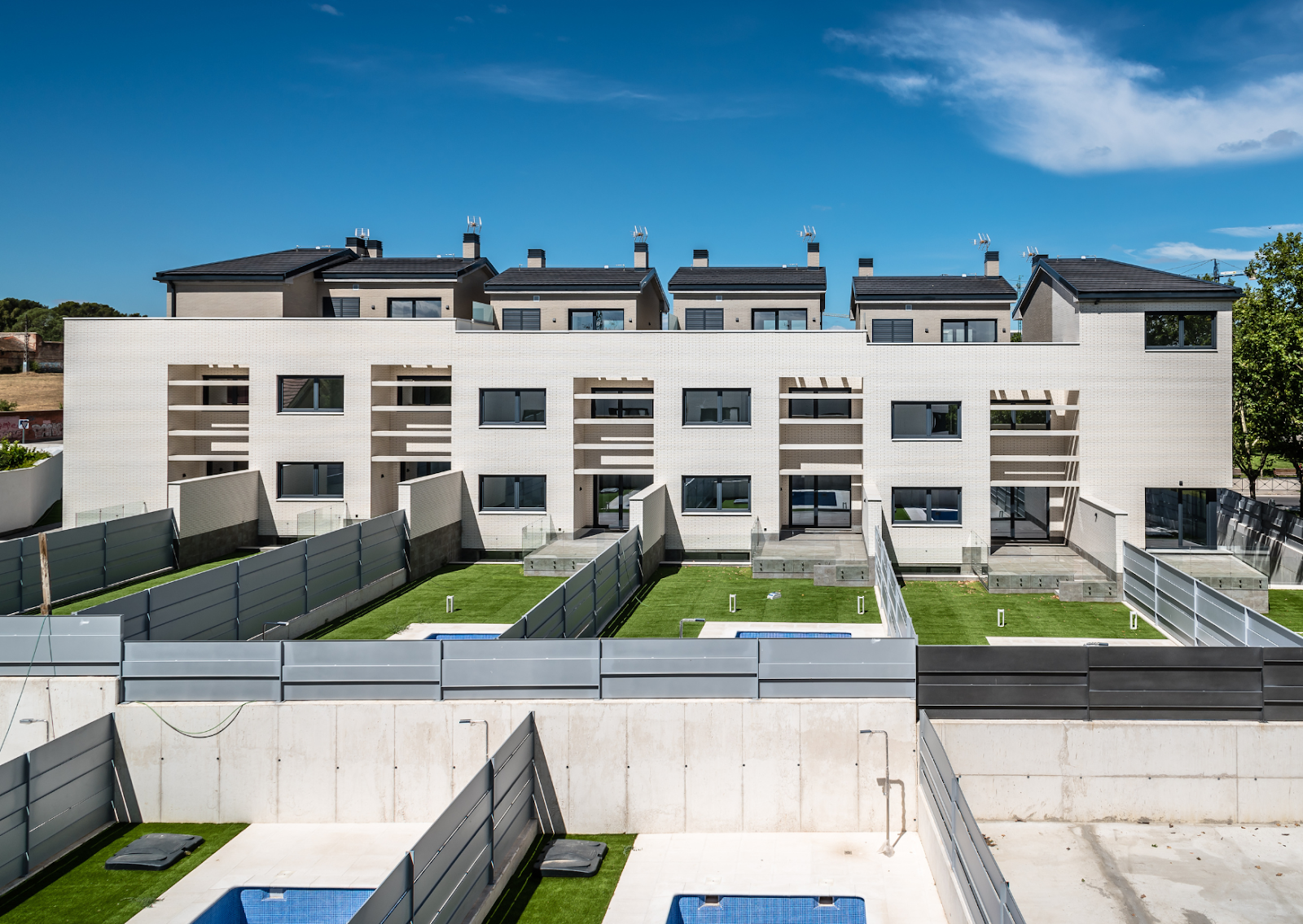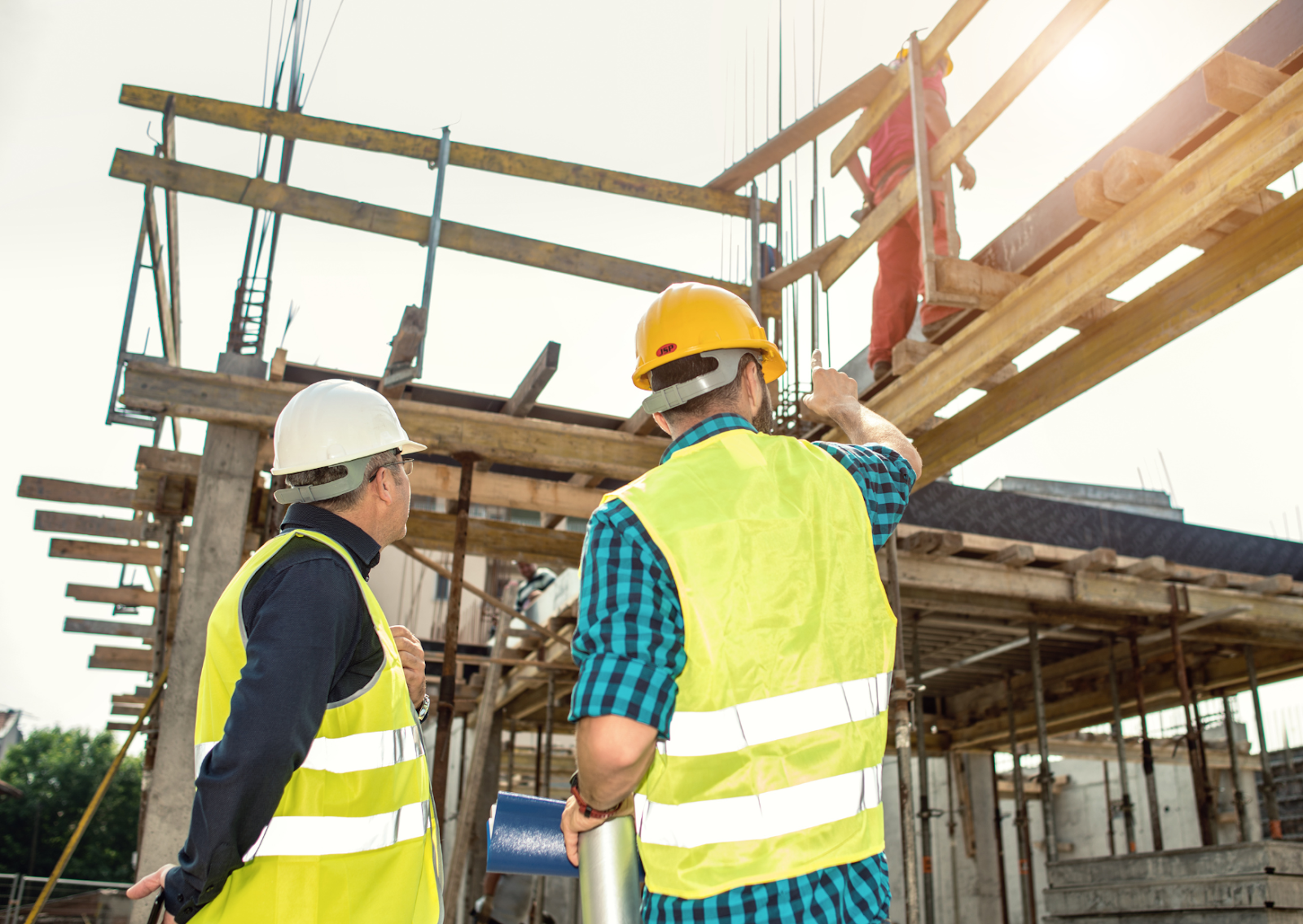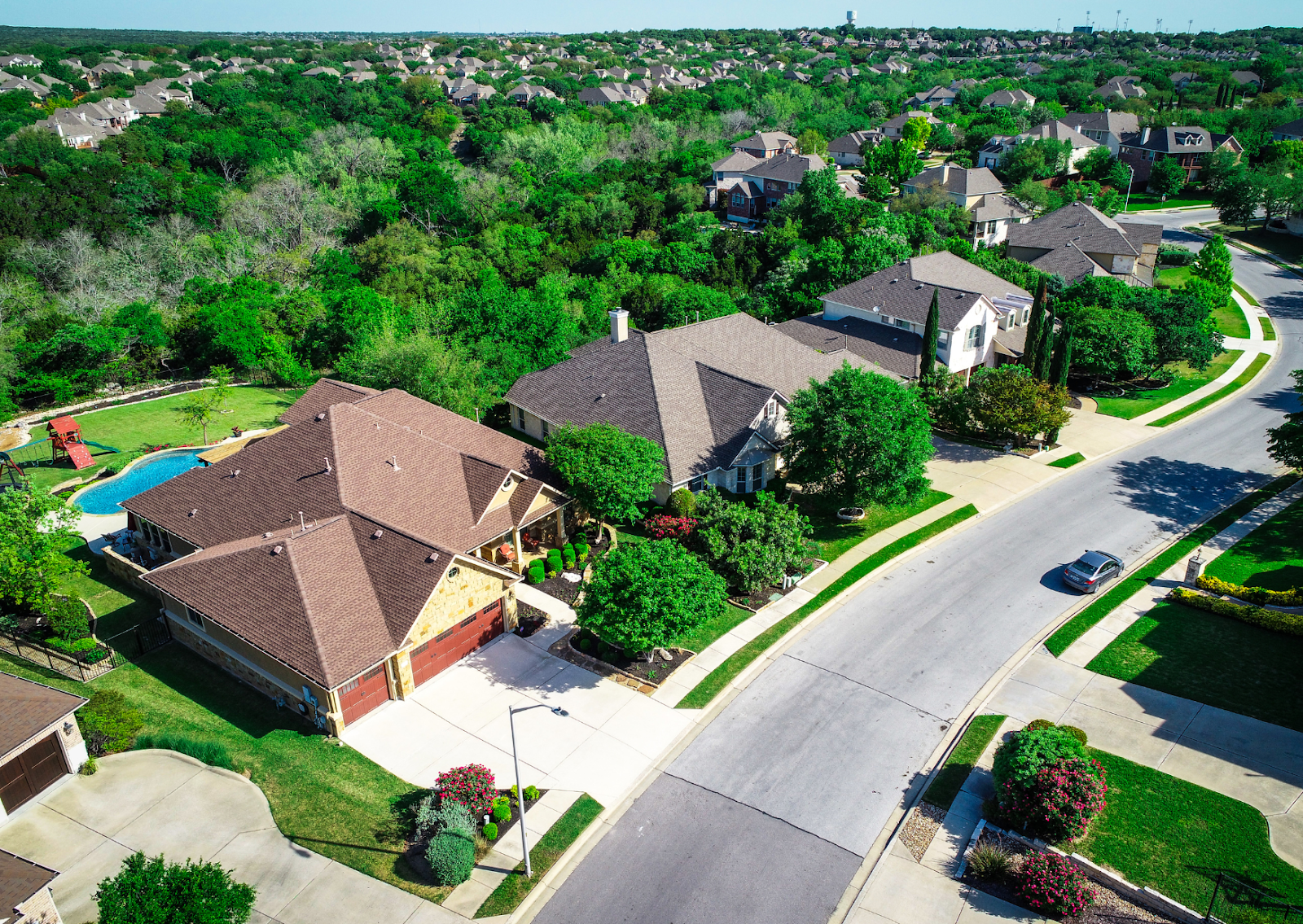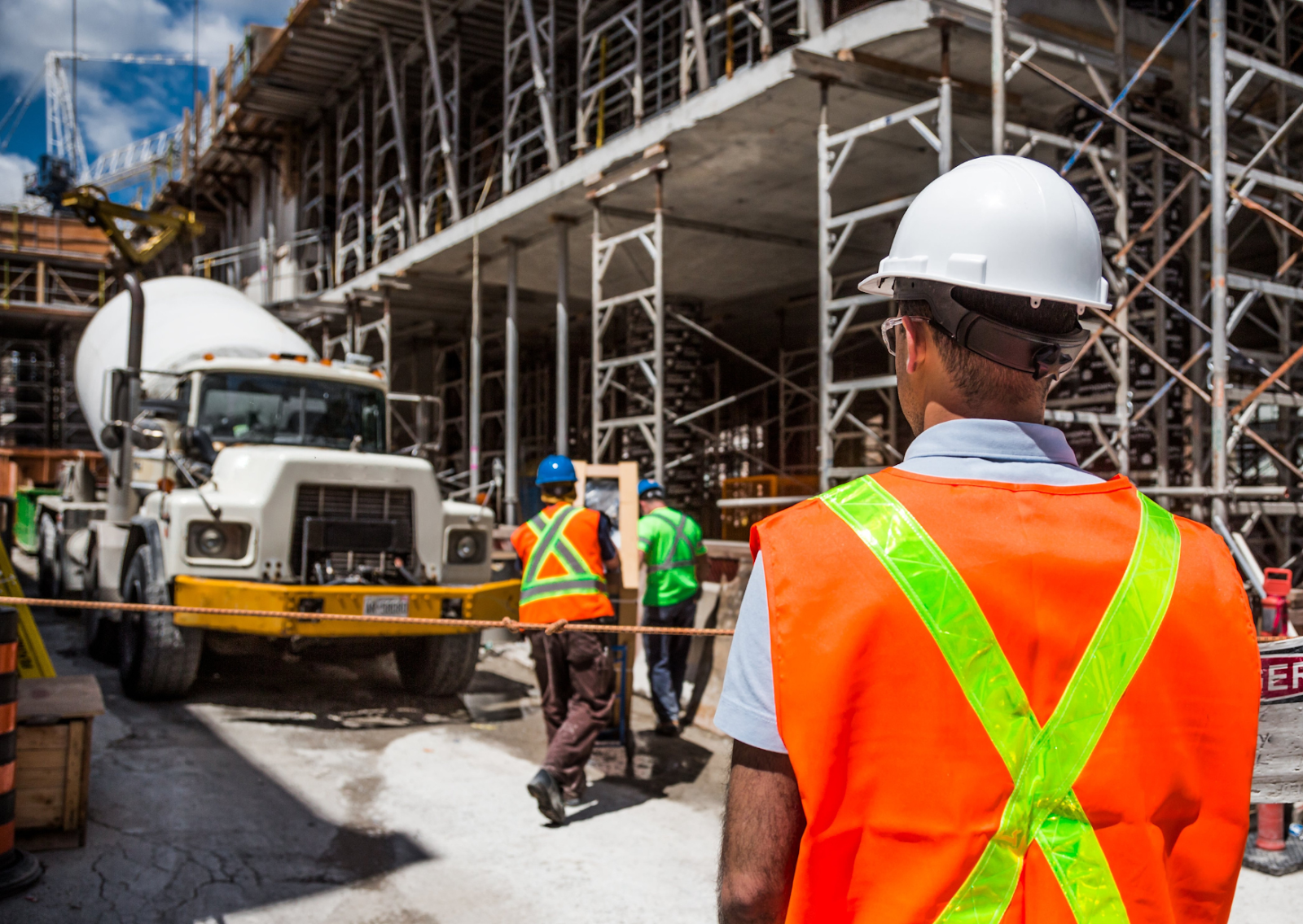What Does a Residential Real Estate Developer Actually Do?
A residential real estate developer plays a central role in shaping the homes and neighborhoods we live in. These professionals oversee the entire development process of residential properties—from identifying suitable land, securing financing, and coordinating design and construction project phases to marketing and sales. Unlike a residential builder, whose role is typically limited to physical construction, a developer takes charge of everything from start to finish.
At its core, real estate development involves balancing risk, vision, and resources to bring a viable property project to life. For residential real estate, this may include single-family homes, townhouses, condominiums, or large-scale multifamily units.
How Do You Get Started in Residential Real Estate Development?
Getting started as a real estate developer may seem daunting, but many successful estate developers began by choosing to start small. Rather than jumping into high-rise apartments or expansive subdivisions, beginners often work on duplexes or converting existing buildings into housing.
To begin the journey:
- Learn the fundamentals of real estate finance and construction.
- Build relationships with architects, engineers, and local officials.
- Understand zoning laws and environmental regulations.
- Research your target market to identify demand.
- Begin with a manageable construction project to gain real-world insights.
Educational background varies, but a degree in finance, architecture, civil engineering, or urban planning can be advantageous. Experience in development companies or real estate sales is also valuable for gaining practical knowledge and industry exposure (U.S. Bureau of Labor Statistics).
What Skills Do Successful Real Estate Developers Need?
While technical knowledge is crucial, soft skills often distinguish a successful real estate developer. The best developers are visionary thinkers and meticulous planners. Their success relies on their ability to spot opportunities where others see risk.
Key skills include:
- Financial acumen: Understanding loans, cost estimates, and return on investment.
- Project management: Overseeing multiple moving parts through to completion.
- Negotiation: Dealing with landowners, contractors, and municipal agencies.
- Leadership: Coordinating teams and making high-stakes decisions.
- Legal literacy: Navigating contracts, zoning regulations, and building codes.
Even seasoned estate developers emphasize that success often stems from adaptability and persistence, especially when facing inevitable roadblocks like budget overruns or delayed permits.
How Does the Development Process Work From Start to Finish?

The development process of a residential real estate project generally unfolds in several stages:
- Feasibility and Planning
- Analyze market trends and demand
- Identify and assess land parcels
- Calculate project viability and estimated sales
- Analyze market trends and demand
- Land Acquisition and Financing
- Negotiate the purchase of property
- Secure a loan or investor backing
- Conduct environmental and zoning assessments
- Negotiate the purchase of property
- Design and Permitting
- Collaborate with architects and engineers
- Finalize blueprints and layouts
- Submit plans to local authorities for approval
- Collaborate with architects and engineers
- Construction Phase
- Hire contractors or a residential builder
- Manage timelines and budgets
- Monitor safety and quality standards
- Hire contractors or a residential builder
- Marketing and Sales
- Launch sales campaigns before completion
- Work with agents or sell directly
- Close units and hand over to buyers or property managers
- Launch sales campaigns before completion
Each phase involves its own unique risks and rewards, and most development companies structure their teams accordingly, often employing specialists for each phase.
What Are the Challenges Residential Developers Commonly Face?
Despite the rewards, residential real estate developers face significant obstacles:
- Market volatility: Housing demand, interest rates, and labor costs can shift quickly.
- Permit delays: Local government approvals may hold up entire projects.
- Budget overruns: Construction often costs more than initially planned.
- Supply chain disruptions: Material shortages can stall progress and inflate expenses.
- Regulatory hurdles: Zoning and environmental reviews can be time-consuming.
According to the National Association of Home Builders, delays in permitting and increased material costs were among the top concerns for developers in 2023. As such, it’s essential to build in time and budget contingencies and partner with experienced professionals who understand your local market.
How Do Developers Secure Financing and Manage Risk?
Securing funding is one of the most critical steps for any estate development. Developers typically fund their projects through a mix of:
- Bank loans or construction financing
- Private investors or development partners
- Mezzanine financing, combining debt and equity
- Pre-sales to raise capital upfront
Risk mitigation strategies include:
- Conducting thorough feasibility studies
- Choosing experienced construction partners
- Purchasing insurance for liability and project delays
- Setting aside emergency funds for unforeseen challenges
Well-established development companies may also use phased development—building in stages to reduce risk exposure.
How Can You Stand Out as a Residential Developer in a Competitive Market?

In a crowded market, differentiation is key. Today’s homebuyers care about more than square footage—they want sustainability, functionality, and community.
Here’s how residential real estate developers can stand out:
- Green building: Incorporating solar, energy-efficient insulation, and smart technology
- Walkability: Prioritizing neighborhoods near schools, transit, and retail
- Modern amenities: Open-concept layouts, coworking spaces, and outdoor areas
- Affordability: Offering value-driven options amid rising home prices
- Design-forward thinking: Collaborating with visionary architects and designers
Additionally, a transparent and ethical approach to sales and customer service builds trust and encourages long-term success.
Why Work with an Experienced Development Company Like MID Construction Group?
For those seeking results without the headaches of managing every detail, partnering with a trusted development company is a smart move. Firms with decades of combined years of experience in residential real estate, like MID Construction Group, offer comprehensive solutions from planning to completion.
Here’s what sets them apart:
- Full-service execution: From site acquisition to design, permitting, and construction
- Streamlined communication: One point of contact reduces delays and missteps
- Cost-efficiency: In-house teams mean tighter budgets and faster timelines
- Track record: With hundreds of completed residential projects, experience matters
Whether you’re a new developer, investor, or community leader, working with professionals ensures the job gets done right, on time and on budget.
Ready to Build Smarter and Grow Faster?
If you’re ready to turn your vision into a thriving residential real estate development, let MID Construction Group be your guide. With unmatched years of experience, a deep bench of industry experts, and a proven history of delivering exceptional residential properties, they’re the right partner for your next big idea.
Get started with MID Construction Group and take your first step toward building better homes, communities, and returns. Reach out today for more information!
What’s the Final Word on Becoming a Successful Residential Real Estate Developer?
Becoming a residential real estate developer is as rewarding as it is challenging. It takes vision, dedication, and strategy. Whether you’re acquiring your first property, collaborating with architects, or planning a full-scale estate development, every decision matters.
By learning the process, cultivating the right skills, managing risk, and aligning with experienced development companies, you can transform ideas into thriving communities and enduring value. And when you’re ready to bring your residential building vision to life, partnering with professionals like MID Construction Group ensures you don’t just build houses—you build legacies.
Works Cited
- National Association of Home Builders. “Housing Market Trends.” NAHB.org, 2024, www.nahb.org/news-and-economics.
- U.S. Bureau of Labor Statistics. “Construction Managers.” Occupational Outlook Handbook, 2024, www.bls.gov/ooh/management/construction-managers.htm.
- Urban Land Institute. “Real Estate Development Process: Phases and Stakeholders.” ULI.org, 2023, www.uli.org.
- Harvard Joint Center for Housing Studies. “State of the Nation’s Housing 2023.” Harvard University, 2023, www.jchs.harvard.edu/state-nations-housing-2023.
- Investopedia. “How to Become a Real Estate Developer.” Investopedia.com, 2024, www.investopedia.com/terms/r/real-estate-developer.asp.
Frequently Asked Questions
1. What does a residential real estate developer do?
A residential real estate developer oversees the entire process of creating housing—from acquiring land and securing financing to managing construction and handling sales. They coordinate every phase to turn raw land into residential communities.
2. How can I start a career as a residential real estate developer?
Start small by learning the basics of real estate finance, construction, and zoning laws. Many developers begin with small projects like duplexes or property conversions and gradually build experience through hands-on involvement or working with development companies.
3. What are the biggest challenges residential developers face?
material shortages, and navigating complex local regulations. Risk management and contingency planning are essential to overcoming these issues.
4. How do developers fund residential projects?
Developers use a combination of financing options such as bank loans, private investors, construction loans, and pre-sales. Securing the right mix of capital early is crucial to moving a project from planning to completion.
5. Why should I work with a development company like MID Construction Group?
Experienced development companies like MID Construction Group offer end-to-end services, from land acquisition and design to permitting and building. Their years of experience, in-house team, and proven results ensure a smoother, more efficient development process.





